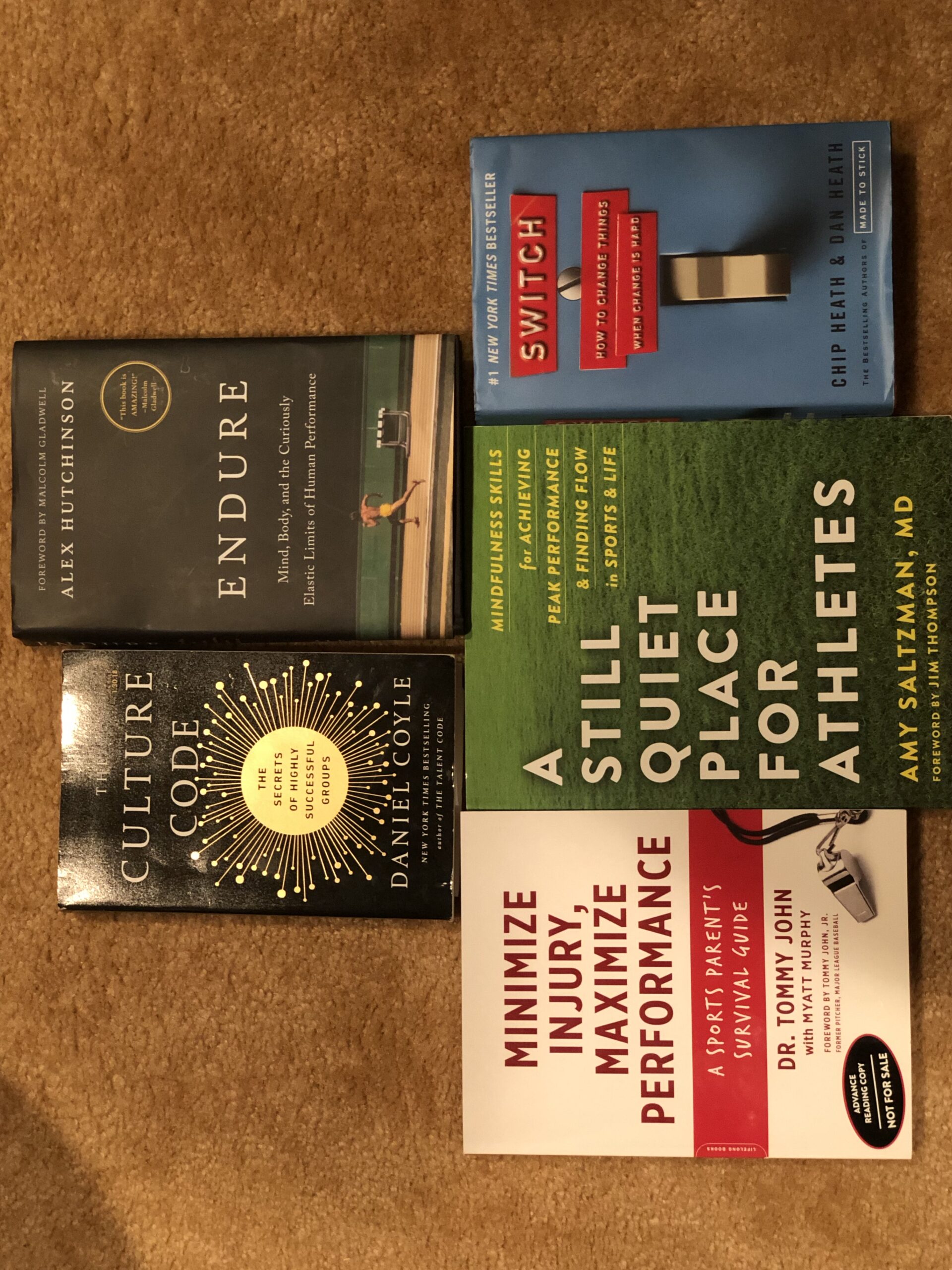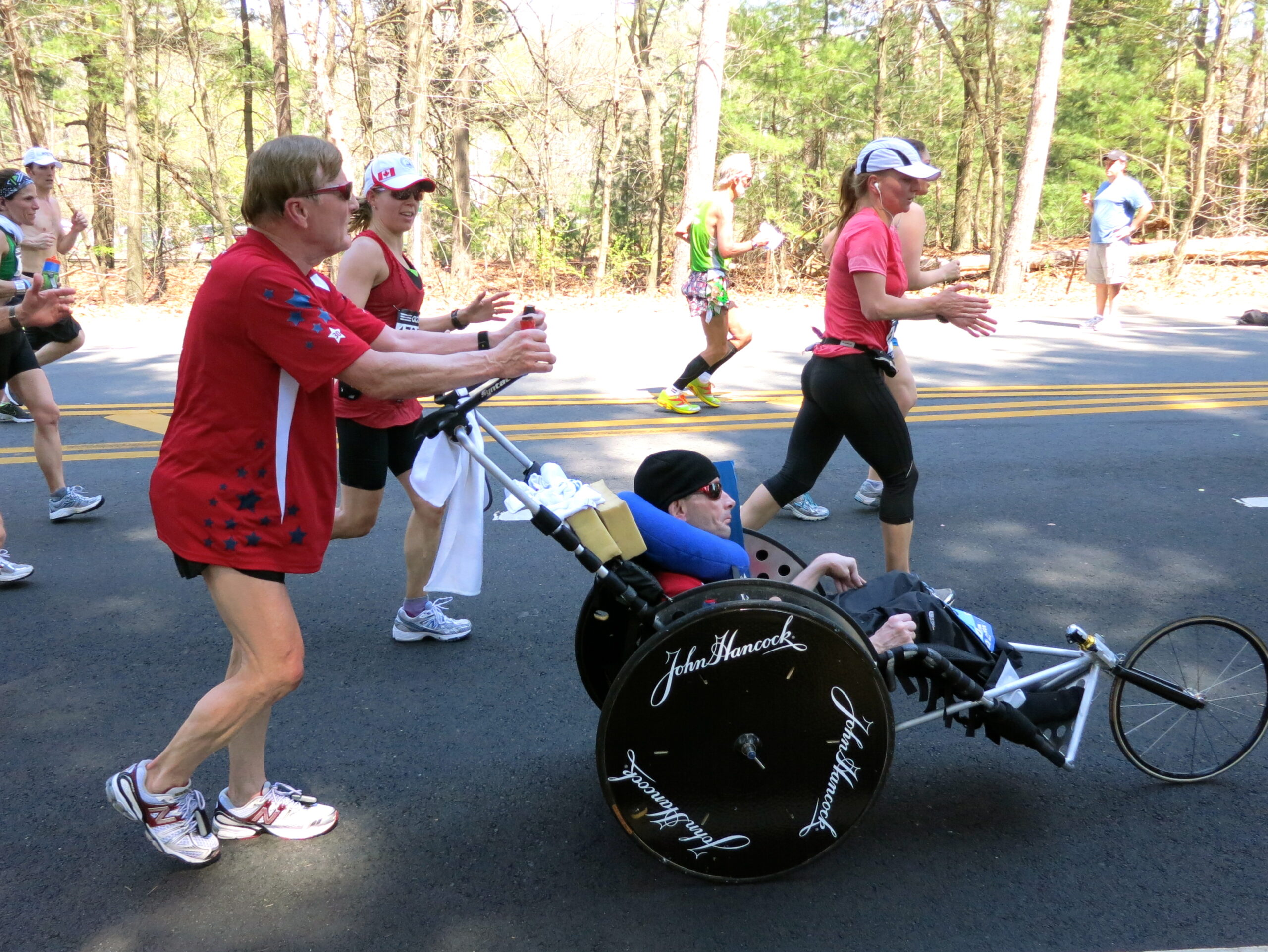“Your daughter is so beautiful.” The kind woman said, smiling at my 18-year-old daughter.
“Thanks, she got her mother’s looks.” I said reflexively. Then I cringed.
That’s my “go to response”. Anytime I receive a compliment on my daughter’s looks, I immediately reply about her genetic connection to her mother.
She did get her mom’s looks. There is no doubt. My wife and my daughter could be sisters. Regardless of how they look, that response brings a cringe each time it escapes my lips.
It’s not because of their beauty, it’s because of what I am perpetuating. My wife is intelligent, hard working, compassionate, morally upright. My wife is my role model and hero. She holds me accountable for the man I wish to be in the lives of my children. She demands excellence from herself, and our family, and ensures we all have solid values in place to create that excellence. Yet, I perpetuate the social belief that looks matter more.
My wife is an amazing human being. My daughter is following in her footsteps. She is following her in more than the looks department, and that is why I cringe when I respond in that manner.
I shouldn’t celebrate the looks. I should celebrate the work ethic, the values, the moral compass. I should tell people that genetics don’t matter. It’s not the nature that matters, but the nurture.
My wife has been a positive, nurturing influence in the lives of my children, as have I, to create excellent human beings. Yet, all people want to see are my daughter’s looks and I reflexively celebrate that instead of point out the more important factors. The details that will help her succeed in life, overcome all obstacles, make the world a better place.
When people saw my sons in their soccer uniforms they asked,
“Are they soccer stars like their dad was?”
Each time, my wife jokingly apologized they inherited her genes and are not much into sports like I was. Who cares? I don’t want my sons to follow in my footsteps athletically (Don’t Turn Your Youth Athlete Into a Mini Me ). I want them to be great young men with solid values and a heart for service.
This has weighed on me for quite some time – how much we tend to celebrate the genetics of children. I don’t want my daughter to be good looking like my wife. I don’t want my sons to be good athletes like me.
I want them to be better people. I want them to learn great ideals from us. To take away the great qualities we modeled and taught them, to improve on the areas where we fell short but owned up to, and to be better people than we were. I think each generation can build on the next.
Why do we celebrate those genetic traits over which we have no actual control, when we could be focused on the environmental traits we can control? Why should we care only about nature, when nurture has so much more potential for growth?
There are a lot of “great athletes” out there who are total jerks. There are a lot of “good looking” people who make bad choices on and off the field. The news is rife with those stories. We should be more focused on better people, regardless of looks or sports acumen.
But this is what happens in sports. We look for the more athletic kids at young ages. We seek the fastest, the strongest, the most physically prepared. No one seems to care if we nurture the traits we can control as long as they are winning trophies for us. The better looking our kid is on the field, the better looking we are as parents.
We choose coaches who are athletic. We hang the future of our children, and the 5-day-a-week powerful influence of a mentor and role model on a former pro or collegiate athlete and don’t even check to see if the person coaching our child has strong values, is a positive role model, and can teach great life skills. So we sacrifice the most important developmental years in our child’s life for someone who will build on their genetic talent to add more trophies to the mantle.
Who cares if the coach will model great behaviors and teach life altering values as long as he was a great player and picks my athletic son to win more games, right?
Here’s the kicker: looks fade, and athletic ability is soon hindered by age and wear and tear. What happens to my “beautiful daughter” or my “athletic son” when nature runs its course? What happens when they need to use their brains, draw upon a solid foundation of work ethic, or stand by their values when it matters most in life? Some day they will need to get past the genetics and use what they’ve learned to survive and thrive. Unless all we’ve ever done is focus on the genetics. Then they are ill-equipped for the real world.
If I don’t begin focusing on what really matters, I fail as a parent to properly raise my children. I should be compelled to make them better people, not better athletes. Most importantly, I should demand it of anyone who coaches my children too. The people influencing my children should not care about nature unless they are willing to also provide the nurture.
I get these are just words, but words hold vast power. They shape people, they mold brains, develop habits, and pass along knowledge and wisdom. A response of “she got her mother’s looks” may sound mundane, but it tells my daughter looks matter more than the other factors and it begins to cultivate in us this myth of the power of genetics. We become what we speak of and I want my children to become excellent humans. I should speak of them in that way so they learn to become that way.
For all of us, we need to begin focusing on the controllables and the important life traits. I know hearing your kid is a great athlete makes you feel good, but it’s not about you feeling good. It’s about you putting your children in a position to succeed and demanding of your coaches that they teach more than athletics. In youth sports it must be more about nurture than nature.
If my son is not a great athlete, then what do I do? What should sports be about for him if he won’t fill the trophy case?
What if my son learned to be a good person, learned to persevere, to work hard, to follow rules, and to succeed in life all through the vehicle of sports? Is that a good enough result? I should be just as proud to hear “your son is a fine human being” or “your daughter as a great role model”.
We can begin to demand that the focus be on the nurture rather than the nature in youth sports if we choose to:
- Seek out coaches who care more about values and life skills than wins and athleticism. Winning can be a nice byproduct of great culture, values, and good coaching.
- Stop the bleed of great people who get forced out of coaching because they were not as athletic as the other people. I have known many great role models who quit coaching or were denied the opportunity because they didn’t play on college or professionally. I want to have my son play for a good person who is invested in him.I could care less how much she played the game. She is a coach now. Can she teach my son to succeed beyond the game itself or simply dribble circles around him?
- Stand up to the people who exploit athleticism for profit and personal gain. If your coach values athleticism more than work ethic, your club cares more about how many wins they rack up or how many kids they’ve sent on to the next level than they do their core values, they may not be focused on building quality people. If you feel values are being compromised for glory and the wrong lessons are being taught, don’t just leave the club, stand up to them. Your voice matters and if others hear your voice, they’ll be inclined to speak up too. A thousand voices can change the game but that requires us all to use our voice.
- Speak to our children as people who will change the world first, and maybe they just so happen to have their mom’s looks or athleticism. My daughter needed to hear more about how hard she worked and how great she was at problem-solving. My sons needed to know about what great values they had and how resilience mattered in the face of adversity. Good looks don’t garnish advanced degrees and athleticism doesn’t guarantee success in life. They need more nurture than nature to succeed.
- Cease to make such a big difference between girls and boys (we care about how a girl looks and how a boy plays sports) and they notice the difference. This is another article all together, but stop using different language. Girls can be amazing athletes too, so why does everyone always talk about their beauty first? Words shape thoughts, thoughts give way to dreams, dreams drive action, and action defines people. My daughter should have a shot at defining herself as more than just a pretty face.
- As a coach, look for kids who want to be grown as people first and athletes second. See them as people and not numbers on your roster or positions on your field. The saying goes “culture eats talent for breakfast”. Culture has nothing to do with genetics. It has everything to do with strong values, work ethic, shared mission.
- As a coach, look for the intangibles in kids and try to find a role for them. Everyone has a role. Some of the greatest kids I ever coached were not the best athletes or the “best looking” players at tryouts. They were the ones who had that x-factor and I wanted to build on that to see how great a person they could become. Amazingly, those same kids helped make all the others great people too! They played the most important role on my teams.
Finally, talk and think about what really matters. When someone says to me “your daughter is so beautiful” I should tell them “thank you, but she is smart, hard working, and has a great heart too. I hope she is as amazing a person as her mother is”. Or when they ask “is your son an athlete like his father” I can respond “yes, but he is also a great student, has a tireless work ethic, and wants to change the world like his dad too.”
For a long time I wanted my daughter to be good looking or my sons to be athletic because that’s what we are taught to expect. Maybe that helped me believe I was extending the Maltbie legacy.
Now I realize the legacy should be less about what they inherit and more about what they learn. If I want my children to succeed, I need to pick nurture over nature when it comes to youth sports and life.
If we stop caring about genetics, start focusing on what we can teach, we can begin instilling what matters in our children. They will have strong values, work hard, overcome adversity, and possess real skills to help them succeed. They won’t be just another pretty face, they’ll be changing the world!
Genetics make no difference unless the person is given the tools to use them properly.













Comments